Flipping off a police officer—extending your middle finger in a gesture of defiance—is a provocative act. Yet many wonder: could this get you arrested or detained, especially in a state like Washington with visible tensions around law enforcement? This in‑depth article explores the legality, the relevant statutes, case law, constitutional boundaries, and practical consequences—offering statistics, legal insight, and best practices.
Understanding Free Speech and Offensive Gestures
The First Amendment and Symbolic Expression
The First Amendment protects much more than spoken words; it also shields symbolic actions—like burning a flag or making obscene gestures. Modern court rulings interpret gestures such as the middle finger as protected expressive conduct, provided they aren’t paired with threats or incitement to violence.
What Constitutes a True Threat or Fighting Words
Legal exceptions to free speech include “true threats”—statements meant to cause anxiety of harm—and “fighting words,” which incite immediate violence. Merely flipping someone off, even a police officer, rarely qualifies under these narrow categories.
What Washington Law Actually Says
Disorderly Conduct Statutes
Washington state law defines disorderly conduct to include actions that provoke violent retaliation, cause alarm, or disturb the peace. Importantly, isolated obscene gestures, without accompanying threats or learning to a disturbance, typically do not meet this threshold.
Relevant State Case Law
-
In State v. Montgomery, a 15-year-old calling officers “fucking pigs” while walking was found to be protected speech.
-
Washington statutes do not list offensive gestures alone as crimes, and courts focus on the context—whether the gesture genuinely threatened public order.
National Court Precedents That Matter
Protected Speech in the Eyes of Federal Courts
-
A federal appeals court affirmed that flipping off the police is constitutionally protected under the First Amendment.
-
Another federal ruling, arising in Michigan, found that pulling someone over for giving the middle finger violated their constitutional rights.
Landmark Decisions on Obscene Speech
-
Cohen v. California (1971): Wearing a jacket reading “Fuck the Draft” was protected speech.
-
Chaplinsky v. New Hampshire (1942): “Fighting words” must provoke immediate violence or injury—mere insult alone isn’t enough.
-
Texas v. Johnson (1989): Burning the flag counted as symbolic speech—even highly offensive expression is often protected.
Washington-Specific Incidents and Outcomes
Middle Finger Toward a Cop in Washington
Local legal commentary confirms: giving an officer the middle finger—on its own—will not justify arrest or search in Washington, unless other factors apply. So long as there’s no threat or disruption, the gesture is constitutionally shielded.
Shouting and Gesturing With Profanity
Washington courts have repeatedly ruled that profane comments aimed at police—even aggressively phrased—are not grounds for disorderly conduct or arrest.
Data and Statistics on Protest and Arrests
Trends in Arrests for Disorderly Conduct
Nationwide, arrests for so-called “contempt of cop” behaviors—like rude gestures—are rare and typically dismissed in court. In Washington, most misdemeanor disorderly conduct charges involve a combination of factors: crowd disorder, ongoing provocation, or physical acts—not an isolated hand gesture.
Freedom of Expression Complaints
Civil rights lawsuits filed under Section 1983 often cite cases where individuals were arrested after flipping off police. Many such lawsuits are resolved in favor of the citizen, underscoring legal protections—and police accountability.
Where the Law Meets Reality
When a Gesture Alone Is Safe
-
Standing on public property.
-
Facing a police officer, but not in a confined space.
-
No added aggression, threats, or movement toward the officer.
When You Might Face Trouble
-
Adding threatening language or motion.
-
Gesturing during a protest where crowd control becomes an issue.
-
Accompanying the gesture with assault, resisting, or disobeying orders.
Case Study: Seattle Appeal
In a notable 2012 case in Seattle, a driver yelled profanities and pointed his finger like a gun at an officer. He was convicted under harassment laws—but the conviction was later reversed by the court of appeals, which held that there wasn’t sufficient evidence of a true threat.
Practical Advice for Washington Residents
Know Your Rights
-
The middle finger often falls under protected speech.
-
Washington’s disorderly conduct law requires a broader threat or disturbance.
Stay Calm If Confronted
If an officer responds, remain calm, identify yourself, and ask politely why you are being detained. If arrested or cited, request defense counsel.
Protest and Public Settings
Even at protests, offensive gestures alone rarely constitute illegal conduct. However, intentionally provoking violence or mass disturbances may lead to lawful intervention.
Why Police Reaction Doesn’t Always Mean Legal Justification
Officer Perception vs. Objective Reasonableness
Courts evaluate whether a reasonable person would view the gesture as inciting violence. A single middle finger seldom meets that test—even if the officer feels threatened.
Qualified Immunity and Civil Suits
Officers can face civil suits if they violate constitutional protections. Courts have repeatedly ruled that acts like flipping the bird do not eliminate immunity to unjustified police action.
Summing It All Up
In Washington state:
-
Flipping off a cop: Legal, protected expression.
-
Exceptions: Threats, incitement, obstruction, or violence can turn things illegal.
-
Court rulings: Consistently protect gestures alone under the First Amendment.
-
Disorderly conduct: Must involve more than rude gestures.
-
Law enforcement: Can’t lawfully punish you for mere expression; civil suits may result if they try.
Additional Resources
-
ACLU of Washington offers free resources on civil rights.
-
Local criminal defense attorneys can explain how disorderly conduct laws apply.
-
First Amendment-based organizations frequently track police behavior relating to speech.
Final Thoughts
Legally, you can flip off a cop in Washington without breaking the law. But constitutional rights coexist with social realities. Gestures are protected—if they don’t cross certain lines. Stay informed, exercise your rights responsibly, and remember: respect often diffuses tension better than outrage.


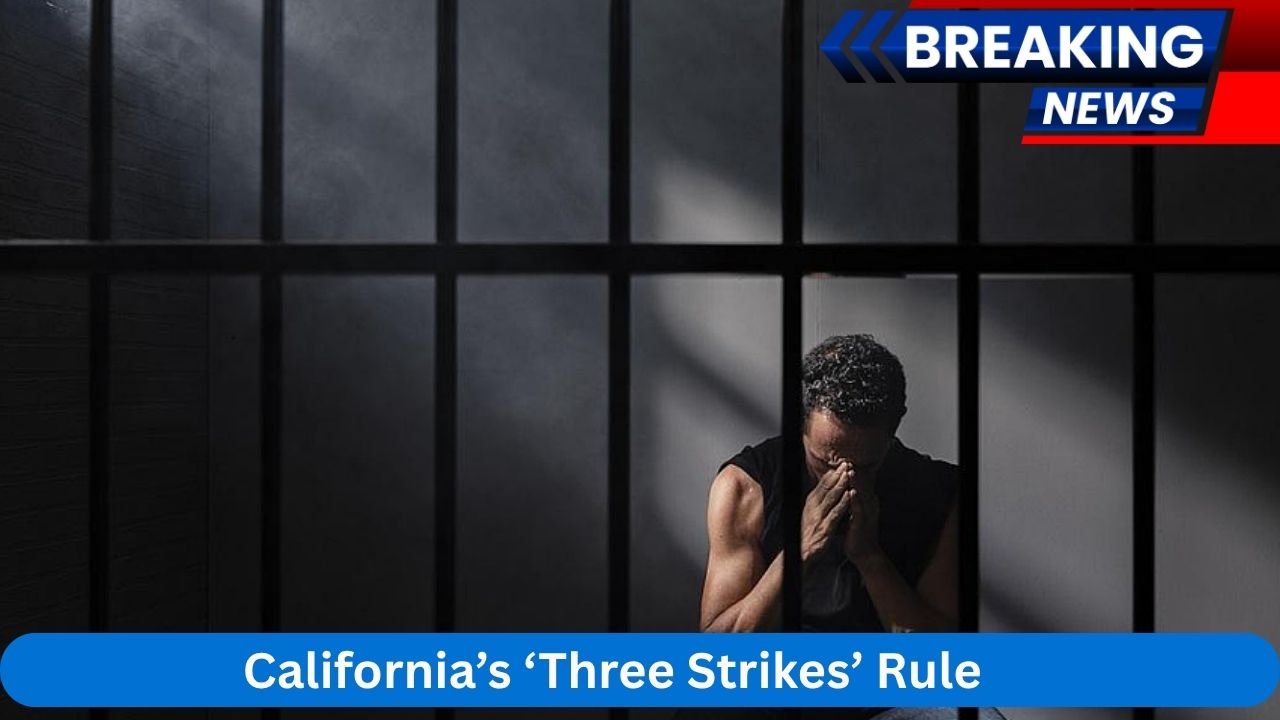
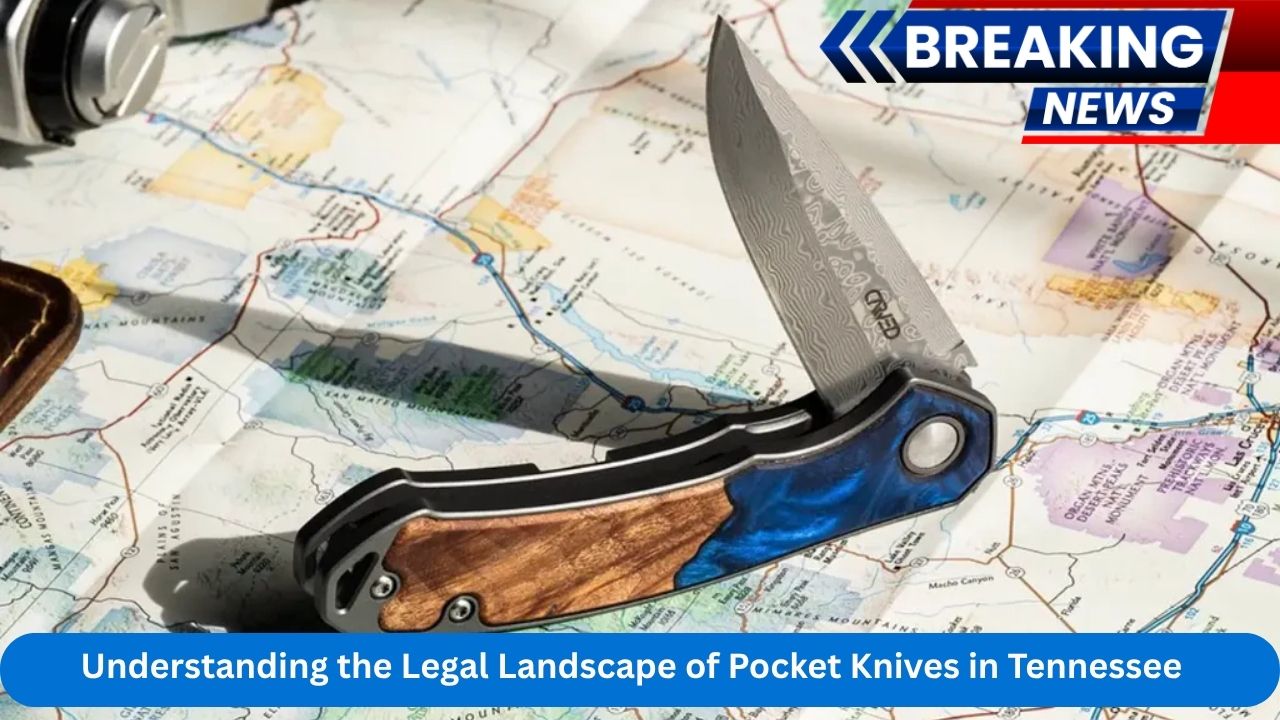
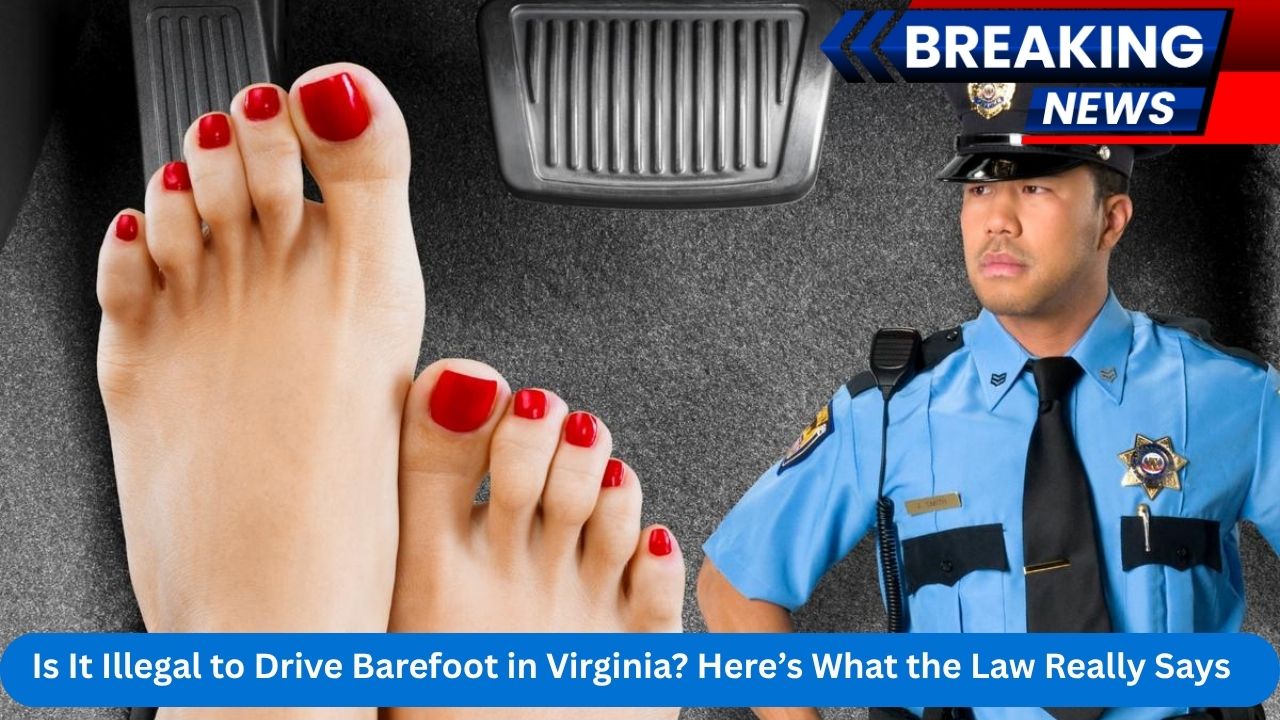

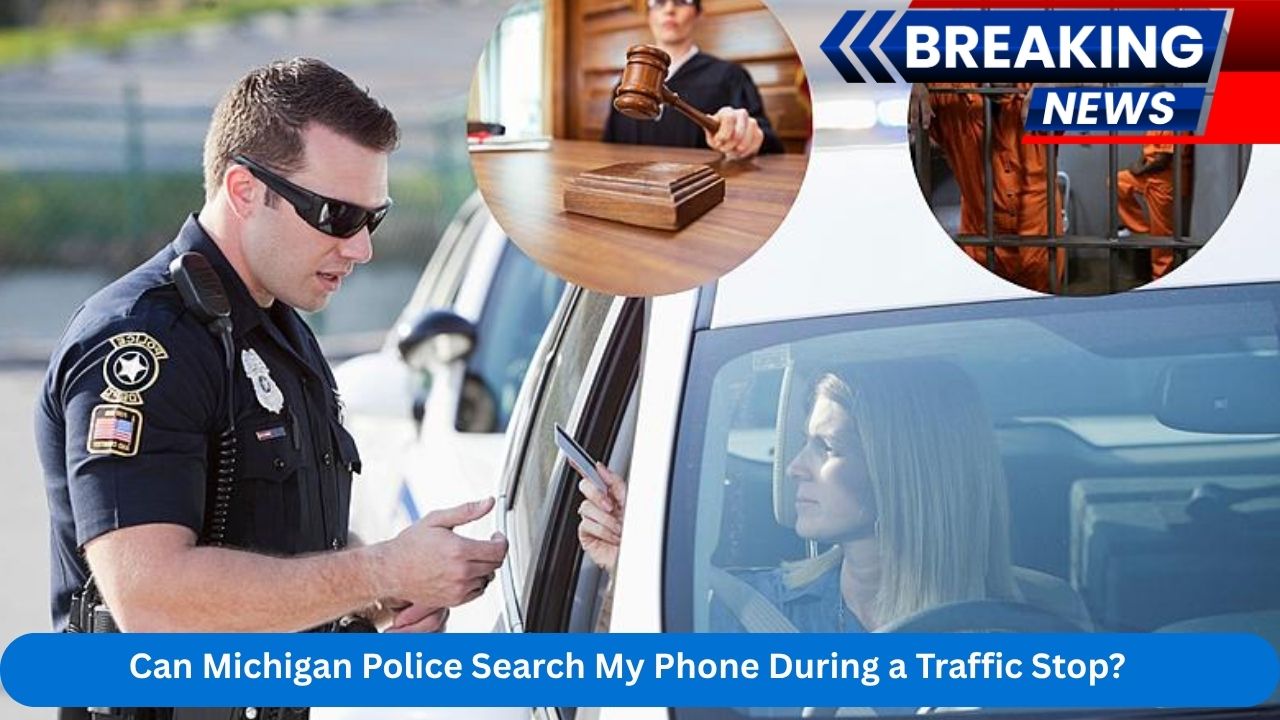



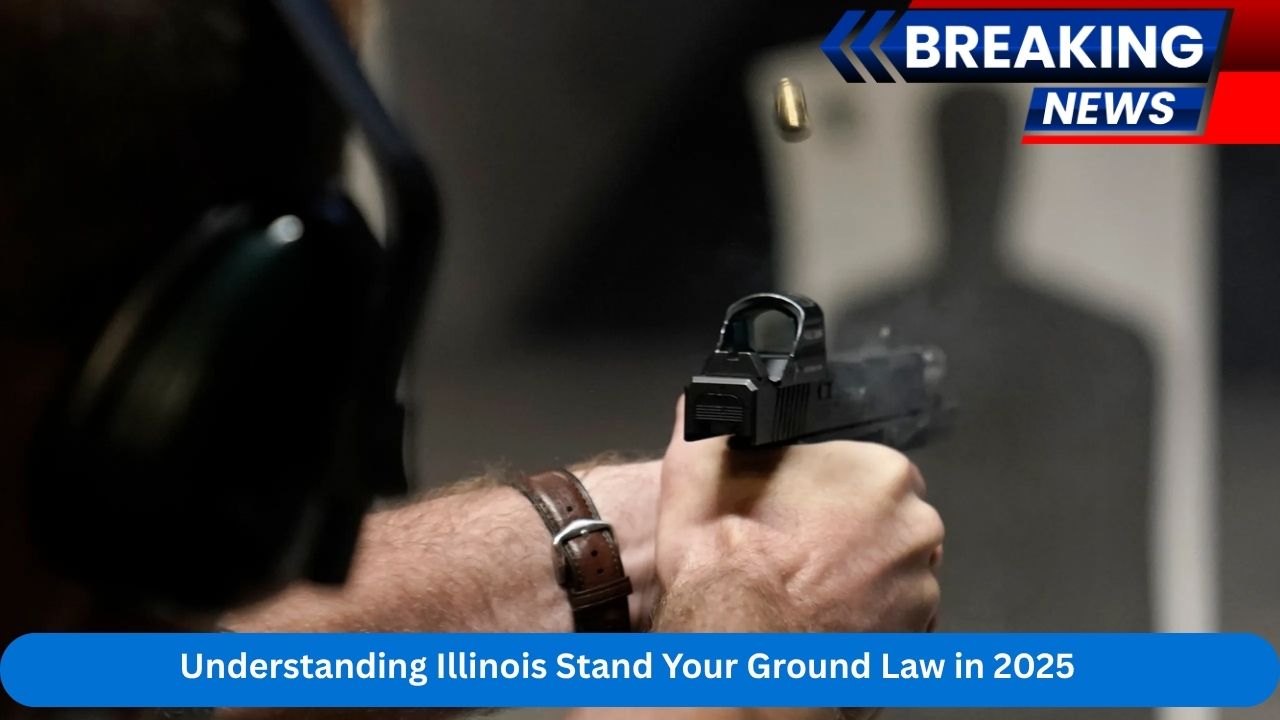
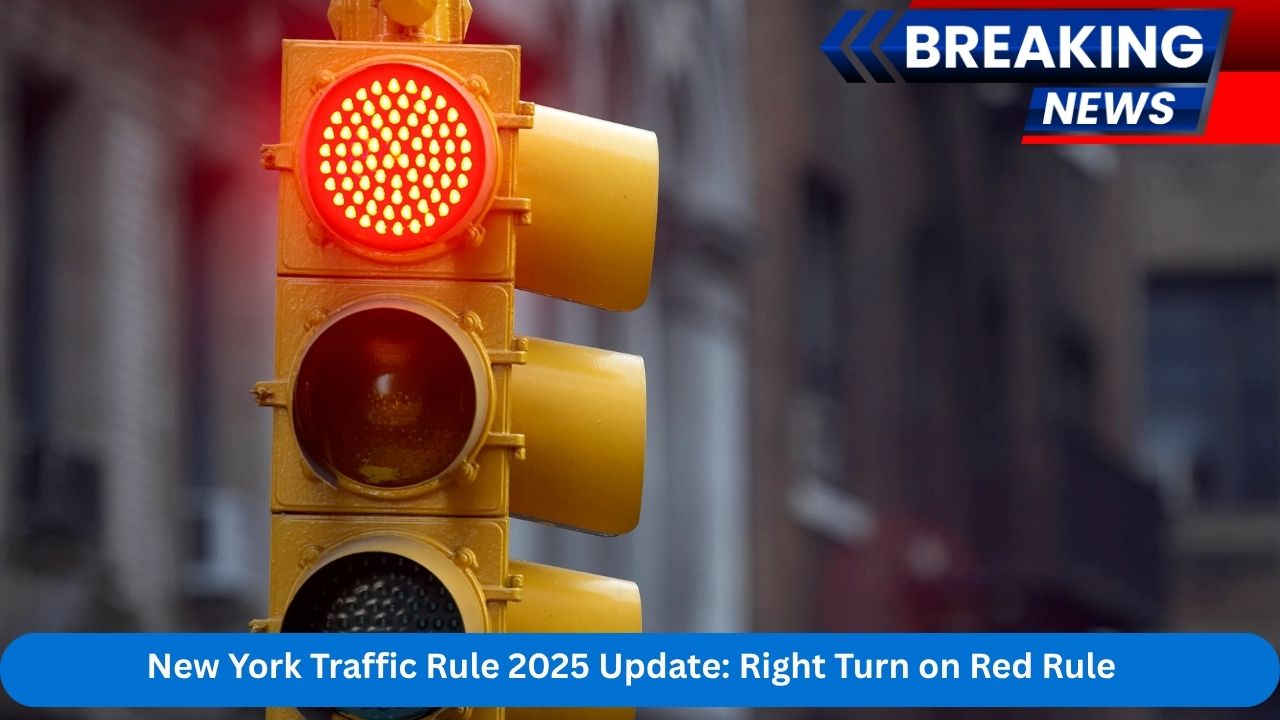
Leave a Reply